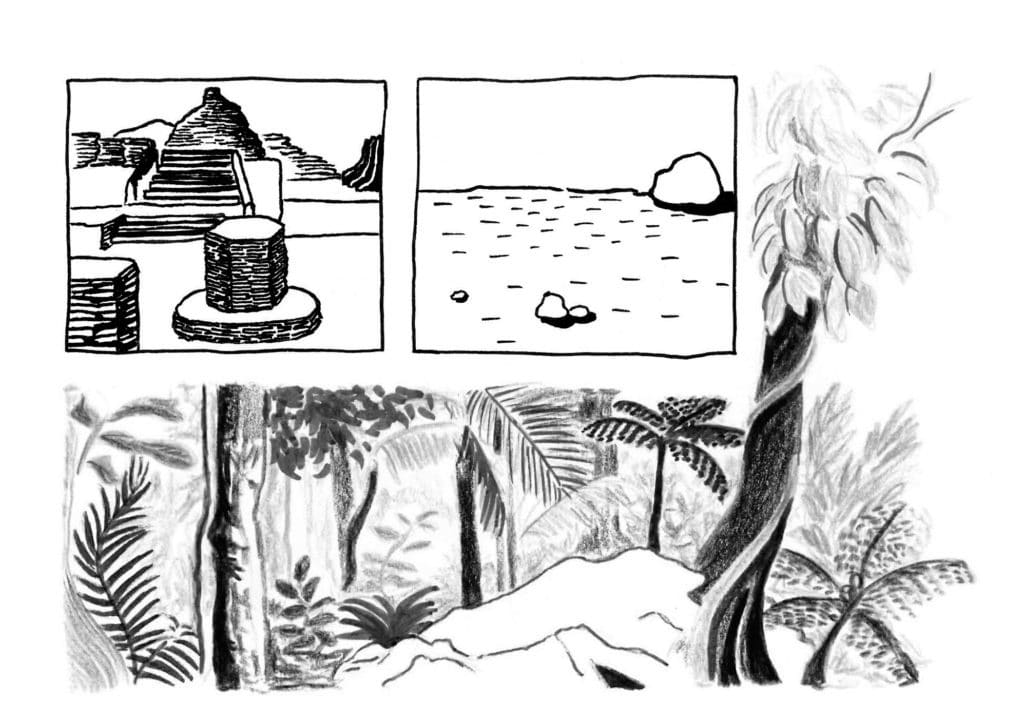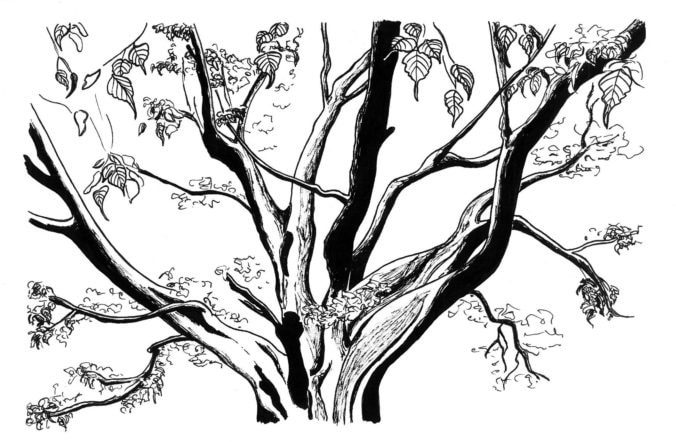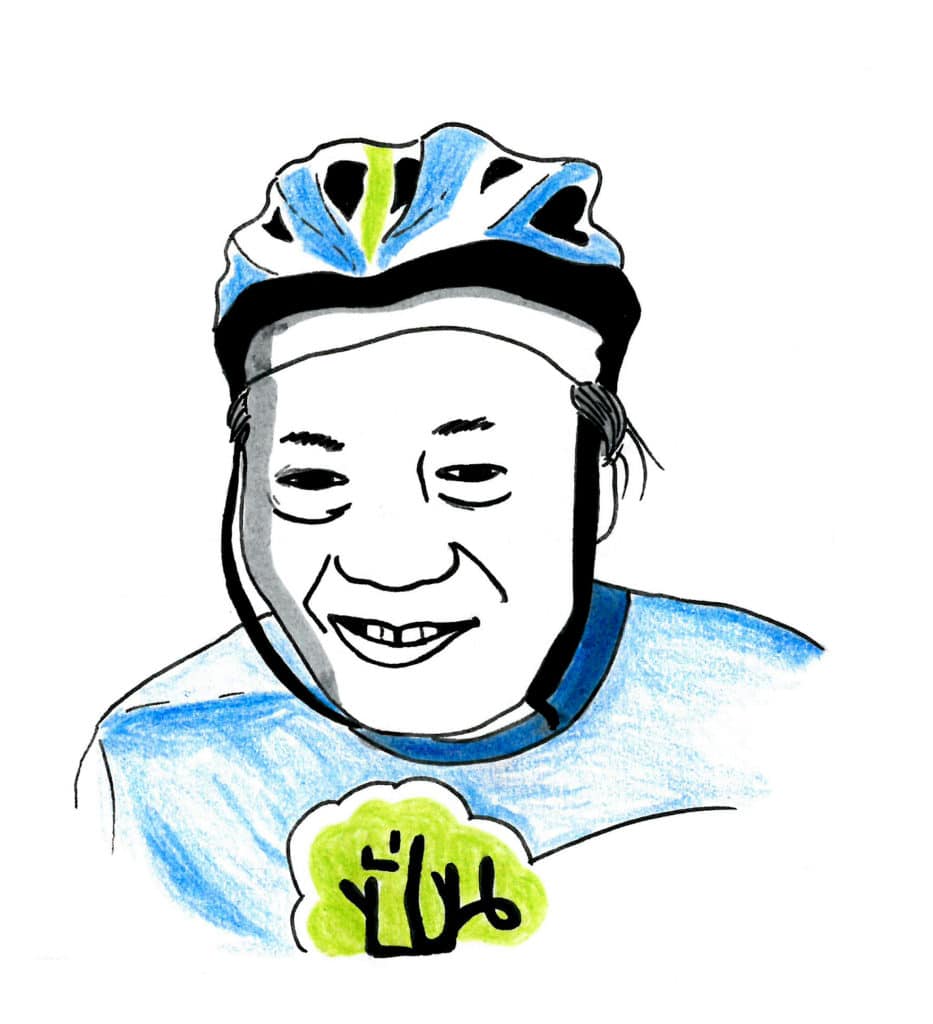Once upon a time, three close friends went for an outing to an ancient city. Being avid architecture enthusiasts, they roamed all around the town square, looking at the remnants of a once-thriving civilization. The meticulously planned city was a sight to behold, even centuries after its prime. Everywhere they went, they saw rubble and bricks holding together the skeletal form of old houses, castles, and temples. It was fascinating for them to imagine how this place would have looked like in its golden age. After walking around all day, each of them sat at a nice spot overlooking an old temple, soaking in the day’s experience.
One of them mused,
‘How glorious would this city have been in its heyday. While only disintegrated parts of the construction remain, the architecture commands such glory and respect. I will build something like this in my lifetime.’
Later on in life, he went on to become a great builder. He designed a state-of-the-art township near the capital city that was celebrated all around the Kingdom. It was the architectural highlight of the era.
The second friend was ambitious as well, but he wanted quick success. He thought,
‘No matter how well one builds a city, it will inevitably turn into rubble in a thousand years. And while I can see that everyone celebrates the remnants of this ancient capital, the person who designed it is not alive to see his work being appreciated by the future generations. Perhaps I should build a township that turns into rubble in just a few decades. At least, I will be alive to witness how people laud my achievements.’
He went on to build a township a few miles away from the first friend’s township. While it looked majestic from the outside, it was designed to perish within a few decades to fulfil his desire to be exalted while being alive.
The third friend was an observant man. He looked closely at the remnants of the grand old temple that stood in front of him. On one of the walls, he spotted a little sapling growing out of the crevices between the bricks. Then, he looked around, and almost everywhere, he saw little plants trying to grow similarly. There was a statue of the Buddha in the old temple that was completely entwined in the roots of a Bodhi tree. That statue was believed to be a symbol of the union of nature and divinity. It was universally revered as a living sermon by the Buddha.
The third friend had an epiphany. Later in life, while his friends were busy erecting monuments in their respective townships, he devoted himself to the humble act of planting saplings all around their city. Driven by an unshakeable faith, he dedicated his life to sowing seeds for posterity.
Unfortunately, in a couple of centuries, their civilization was wiped out by a natural calamity.
A thousand years later, in the new millennium, their city has become a popular tourist destination. People come to see the ruins of the glorious ancient civilization from faraway places.

The township designed by the first friend draws in a lot of crowd. Archaeologists study the architecture of the remnants with deep interest. Even if most buildings do not hold on to their functional use anymore, they still represent a magnificent past. The spirit of a great ancient civilization is still alive in each withering brick.
The township designed by the second friend had turned into rubble within a few decades of building. Contrary to his expectation of being lauded as a great builder, he was castigated by the community for his sub-standard workmanship. After all these years, the land where the township once stood, is barren and bereft of any life. In stark contrast, the township built by the first friend stands right next to the barren land, in all its glory, despite the deterioration dictated by time.
And, there is something else as well, in this ancient town that teems with life – the third friend’s work.
A thick cover of vegetation has been thriving through the times, all around the ancient city. The forest has been serving as an arena for Mother Nature to choreograph the delicate dance of life. The wise man had managed to plant only a few thousand trees in his lifetime. But he had invested his time and energy in something that would self-replicate and sustain itself through millennia. The flora all around the township is growing steadily. In a few centuries, the forest will entwine the whole city in its embrace, just as the roots of the Bodhi tree had entwined around the Buddha’s statue in the ancient temple. He left behind such a flourishing legacy.
Today, no one remembers the name of any of the three friends. But their karmic fingerprint is alive in the quality of their work.
——–
Today, in the ancient town of Ayutthaya, under the shade of a resplendent tree in springtime, as I look at the Buddha’s statue entwined by roots, I have a feeling about what I should do with my time, life, and work.
Excerpted from my book ‘Pedals and Perspectives‘
Illustrated by Marine Tellier



